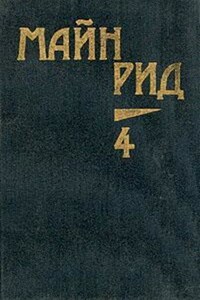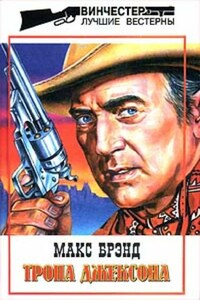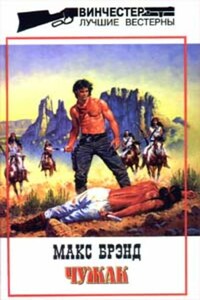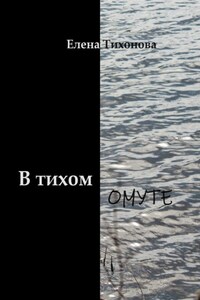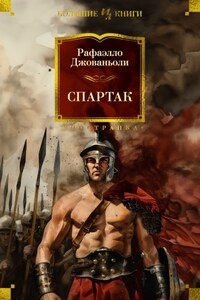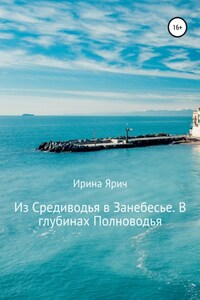In AD 782, the emperor Charlemagne received a fabulous gift from Ibn al-Arabi, the Moorish governor of Barcelona: a gold and silver, bejeweled chess set that today we know as the Montglane Service. The service was rumored to contain a secret of dark, mysterious power. All those obsessed with power were determined to obtain the pieces. In order to prevent this, the Montglane Service was buried for nearly a thousand years.
In 1790, at the dawn of the French Revolution, the chess set was exhumed from its hiding place, Montglane Abbey in the Basque Pyrenees, and the pieces were scattered across the globe.
This move launched a new round in a deadly game, a game that threatens – even today – to light the match that will set the world aflame…
The only goal in chess is to prove your superiority over the other guy. And the most important superiority, the most total one, is the superiority of the mind. I mean, your opponent must be destroyed. Fully destroyed.
– Grandmaster Garry Kasparov, world chess champion
Zagorsk Monastery, Russia
Autumn 1993
Solarin gripped his little daughter’s mittened hand firmly in his own. He could hear the snow crunch beneath his boots and see their breath rise in silvery puffs, as together they crossed the impregnable walled park of Zagorsk: Troitse-Sergiev Lavra, the Exalted Trinity Monastery of Saint Sergius of Radonezh, the patron saint of Russia. They were both bundled to the teeth in clothes they’d managed to forage – thick wool scarves, fur cossack caps, greatcoats – against this unexpected onslaught of winter in the midst of what should have been Zhensheena Lieta: the Women’s Summer. But the biting wind penetrated to the core.
Why had he brought her here to Russia, a land that held so many bitter memories from his past? When he was just a child himself, when Stalin had reigned, hadn’t he witnessed the destruction of his own family in the dead of night? He’d survived the cruel disciplines of the orphanage where he’d been left in the Republic of Georgia, and those long, bleak years at the Palace of Young Pioneers, only because they’d learned how very well the young boy, Aleksandr Solarin, could play chess.
Cat had begged him not to risk coming here, not to risk bringing their child here. Russia was dangerous, she’d insisted, and Solarin himself had not been back to his homeland in twenty years. But his wife’s biggest fear had always been not of Russia but of the game – the game that had cost them both so much. The game that, more than once, had nearly destroyed their life together.
Solarin was here for a game of chess, a critical game, the last game of the weeklong competition. And he knew it did not bode well that this, the final game, had suddenly been relocated to this particular location, so far from town.
Zagorsk, still called by its Soviet name, was the oldest of the lavras, or exalted monasteries, forming a ring of fortress-monasteries that had defended Moscow for six hundred years, since the Middle Ages, when, with the blessing of Saint Sergius, they had driven back the Mongol hordes. But today it was richer and more powerful than ever: Its museums and churches were packed with rare icons and bejeweled reliquaries, its coffers stuffed with gold. Despite its wealth, or perhaps because of it, the Moscow church seemed to have enemies everywhere.
It was only two years since the bleak, gray Soviet Empire had collapsed with a pouf – two years of glasnost and perestroika and turmoil. But the Moscow Orthodox Church, as if born again, had risen like a phoenix from the ashes. Bogoiskatelstvo – ‘the Search for God’ – was on everyone’s lips. A medieval chant. All the cathedrals, churches, and basi-likas around Moscow had been granted new life, lavished with money and a fresh coat of paint.
Even sixty kilometers out here in rural Sergiev Posad, Zagorsk’s vast park was a sea of newly refurbished edifices, their turrets and onion domes lacquered in rich, jewel-like colors: blue and cranberry and green, all splashed with gold stars. It was, thought Solarin, as if seventy-five years of repression could no longer be contained and had suddenly exploded in a confetti of feverish color. But inside the walls of these bastions, he knew, the darkness remained.
It was a darkness Solarin was all too familiar with, even if it had changed its hue. As if to reinforce this truth, guards were stationed every few yards along the high parapets and the interior perimeter of the wall, each wearing a black leather jacket with high collar and mirrored sunglasses, each with a bulging gun strapped beneath his arm and a walkie-talkie in hand. Such men were always the same, regardless of the era: like the ever-present KGB who’d escorted Solarin everywhere, back in the days when he himself had been one of the greatest of Soviet grandmasters.







